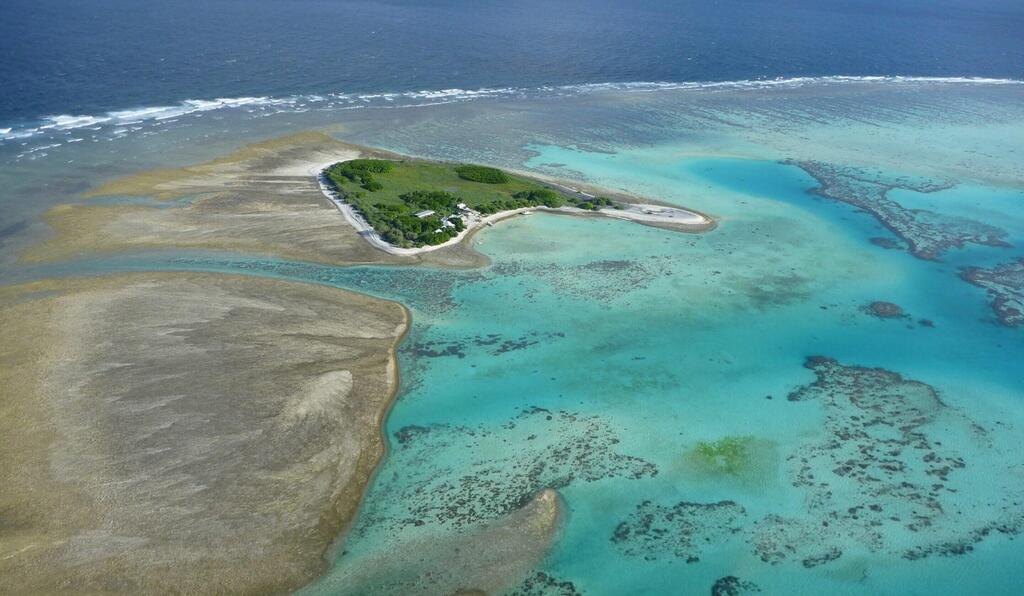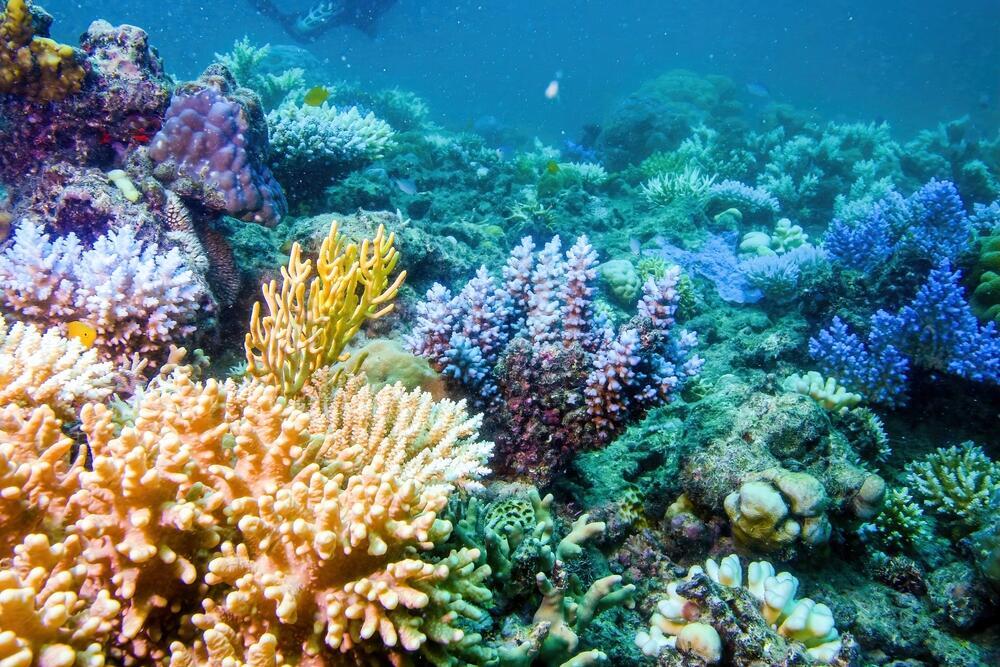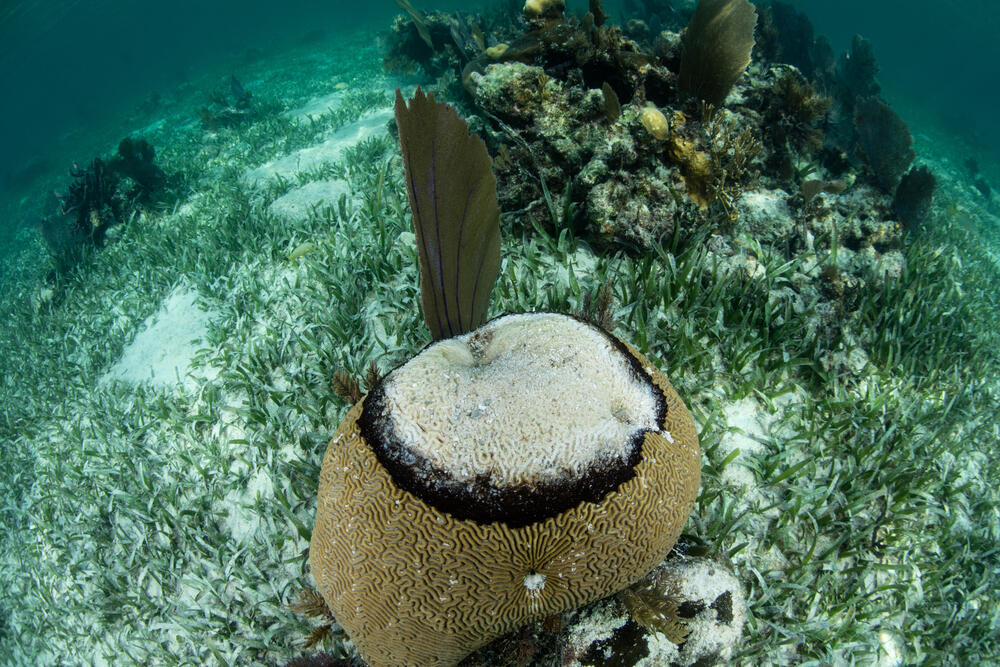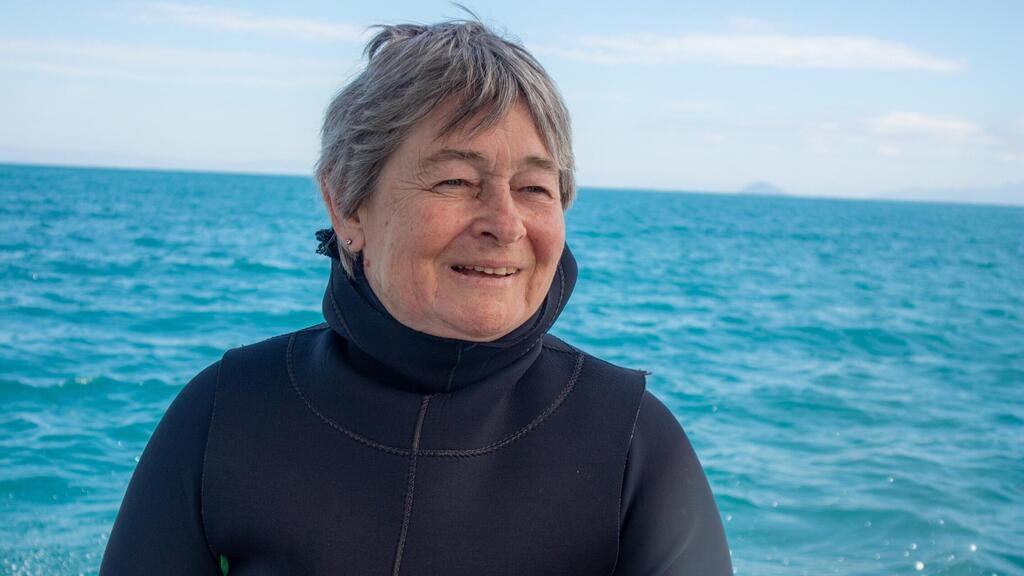The Great Barrier Reef off northeastern Australia is facing worsening degradation due to climate change. A study published in Limnology and Oceanography Letters, led by Prof. Maria Byrne of the University of Sydney's School of Life and Environmental Sciences, highlighted the unprecedented impact of marine heatwaves on coral ecosystems.
The site consists of approximately 2,900 individual reefs and 900 islands, spanning 2,300 km (1,429 miles) over an area of about 344,000 sq km (132,857 sq miles). The situation raises concerns for marine biodiversity and communities dependent on these vital ecosystems.
5 View gallery


Bleached coral in the Barrier Reef as documented in 2024
(Photo: Maria Byrne/The University of Sydney)
The study tracked 462 coral colonies at a research station in the reef's southern region over 161 days during the global marine heatwave of 2023-2024. By February 2024, 66% of the colonies had bleached, increasing to 80% within two months.
By July, 44% of the bleached colonies had died, with some coral types, such as Acropora (stony corals essential to reef structure), experiencing a 95% mortality rate.
“Our findings underscore the urgent need for action to protect coral reefs, which are not only biodiversity hotspots but also crucial for food security and coastal protection,” said Prof. Byrne, who added the reef “despite its protected status, was not immune to the extreme heat stress that triggered this catastrophic bleaching event.”
The study also linked marine heatwaves to coral diseases. Goniopora corals, known for their distinctive tentacles and rocky habitats, suffered from black-band disease, contributing to high mortality rates.
“This is a wake-up call for policymakers and conservationists,” said Prof. Ana Vila Concejo from the University of Sydney. She stressed the need for immediate management interventions to safeguard these ecosystems. The rapid onset of bleaching and disease, even in previously resilient corals, presents challenges for predicting future reef composition.
“The resilience of coral reefs is being tested like never before, and we must prioritize strategies that enhance their ability to withstand climate change. Our findings underscore the need for immediate and effective management interventions to safeguard these ecosystems,” she added.
Beyond ecology, the study highlights the reef's critical role in supporting human communities through fishing, tourism and coastal defense. As threats from climate change and greenhouse gas emissions persist, the researchers call for collaboration between local communities, scientists and policymakers.
Get the Ynetnews app on your smartphone: Google Play: https://bit.ly/4eJ37pE | Apple App Store: https://bit.ly/3ZL7iNv
“Seeing the impacts on a reef that has largely avoided mass bleaching until now is devastating. The high rates of mortality and disease, particularly in such a remote and pristine area, highlight the severity of the situation,” said Dr. Shawna Foo, a marine researcher at the University of Sydney.





